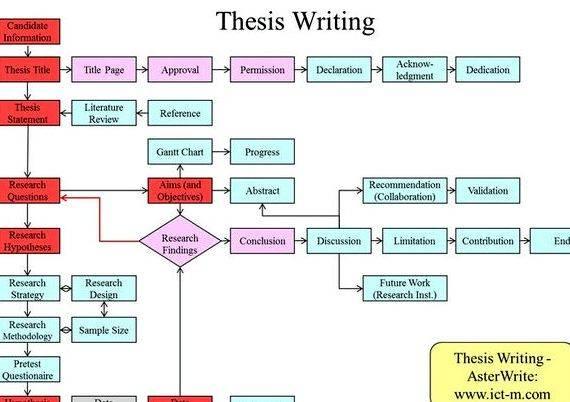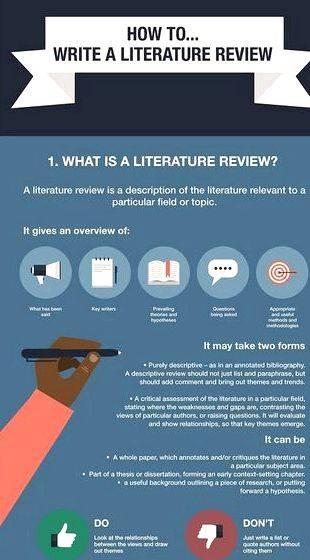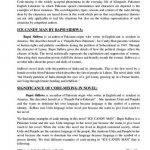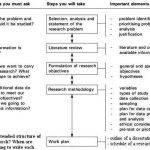Writing a masters or PhD dissertation/thesis is a massive undertaking – and one that is not to be taken lightly. There are similarities and differences to each task, in some ways writing a master’s thesis can feel like running a 100m race – the course is usually very quick and there is not as much time for thinking as you may perhaps want! By comparison, writing a PhD thesis can feels like running a marathon, working on the same topic for 3-4 years is laborious and can be quite exhausting! But in many ways the approach to both of these tasks is quite similar.
Here we look at a number of different aspects of thesis/dissertation writing to assist you in the process of running your race – be it a sprint or a marathon! Who knows, maybe we can help you realise that whatever type of thesis/dissertation you are writing, it is in fact more like a 400m race – it can feel neither too short not too long if you pace yourself and take the appropriate steps. And if you’ve been away from academia for a while our blog on Essay Tips for Out of Practice Postgrads contains more handy tips.
How should I structure my thesis/dissertation?
Writing a thesis is a unique experience and there is no general consensus on what the best way to structure it is. As a postgraduate student, you’ll probably decide what kind of structure suits your research project best after consultation with your supervisor as well as by reading other theses of previous postgraduate students in your university library.
To some extent all postgraduate dissertations are unique, however there are two basic structures that a postgraduate dissertation can follow. For PhD students, one possibility is to structure the thesis as a series of journal articles that can be submitted for publication to professional journals in the field.
This kind of structure would spare you the effort of having to write the thesis and articles for publication separately, however it is relatively unconventional and you should discuss it first with your supervisor before opting for this method.
A more conventional way of structuring a postgraduate thesis is to write it in the form of a book consisting of chapters. Although the number of chapters used is relative to the specific research project and to the course duration, a thesis organised into chapters would typically look like this:
- TITLE PAGE – The opening page including all the relevant information about the thesis.
- ABSTRACT – A brief project summary including background, methodology and findings.
- CONTENTS – A list of the chapters and figures contained in your thesis.
- CHAPTER 1 – BACKGROUND – A description of the rationale behind your project.
- CHAPTER 2 – LITERATURE REVIEW – A summaray of the literature supporting your project.
- CHAPTER 3 – METHODOLOGY – A description of methodology used in your research.
- CHAPTER 4-6 – DATA ANALYSIS – A descsription of technique used in analysing your research data.
- CHAPTER 7 – DISCUSSION – Main conclusions based on the data analysis.
- BIBLIOGRAPHY – A list of the references cited in your thesis.
- APPENDICES – Additional materials used in your research.
When is the right time to start writing my thesis/dissertation?
When you should start writing your thesis/dissertation depends on the scope of the research project you are describing and on the duration of your course. In some cases, your research project may be relatively short and you may not be able to write much of your thesis before completing the project. However in other instances your project may be relatively long, especially if you are doing a PhD, and you will need to keep writing the thesis while conducting your research. But regardless of the nature of your research project and of the scope of your course, you should start writing your thesis or at least some of its sections as early as possible, and there are a number of good reasons for this:
How do I improve my writing skills?
1. The best way of improving your writing skills is to finish the first draft of your thesis as early as possible and send it to your supervisor for revision. Your supervisor will correct your draft and point out any writing errors. This process will be repeated a few times which will help you recognise and correct writing mistakes yourself as time progresses.
2. If you are not a native English speaker, it may be useful to ask your English friends to read a part of your thesis and warn you about any recurring writing mistakes. Read our section on English language support for more advice.
3. Most universities have writing centres that offer writing courses and other kinds of support for postgraduate students. Attending these courses may help you improve your writing and meet other postgraduate students with whom you will be able to discuss what constitutes a well-written thesis.
4. Reading academic articles and searching for various writing resources on the internet will enable you to slowly adopt the academic style of writing and eventually you should be able to use it effortlessly.
How do I keep the track of the bibliography that I need to include in my thesis?
When studying for your PhD you will need to develop an efficient way of organising your bibliography – this will prevent you from getting lost in large piles of data that you’ll need to write your thesis. The easiest way to keep the track of all the articles you have read for your research is to create a database where you can summarise each article/chapter into a few most important bullet points to help you remember their content. Another useful tool for doing this effectively is to learn how to use specific reference management software (RMS) such as EndNote. RMS is relatively simple to use and saves a lot of time when it comes to organising your bibliography. This may come in very handy, especially if your reference section is suspiciously missing two hours before you need to submit your dissertation!
How not to “plagiarise”?
Plagiarism may cost you your postgraduate degree, and it is important that you investigate how to avoid it before you start writing your thesis. Occasionally postgraduate students commit plagiarism unintentionally, and this can happen because they copy/paste specific sections of a journal article they are citing instead of simply rephrasing them. Whenever you are presenting some information that is not your own idea in your thesis, make sure you mention the source and avoid writing the statement exactly as it is written in the source. Look at our section on Plagiarism for more information and advice.
What kind of format should my thesis have?
Different universities have different guidelines on how to format your thesis, and it is important that you read these guidelines before submitting your thesis to avoid being penalised. Read your university’s guidelines before you actually start writing your thesis so you don’t have to waste time changing the format further down the line. However in general, most universities will require you to use 1.5-2 line spacing, font size 12 for text, and to print your thesis on A4 paper. These formatting guidelines may not necessarily result in the most aesthetically appealing thesis, however beauty is not always be practical, and a nice looking thesis can be a more tiring reading experience for your postgrad examiner.
Related Editorial Links






 Code switching and code mixing thesis proposal
Code switching and code mixing thesis proposal Writing acknowledgement for phd thesis
Writing acknowledgement for phd thesis Arm wrestling with my father thesis proposal
Arm wrestling with my father thesis proposal Time frame sample thesis proposal
Time frame sample thesis proposal Juwel rana phd thesis writing
Juwel rana phd thesis writing






